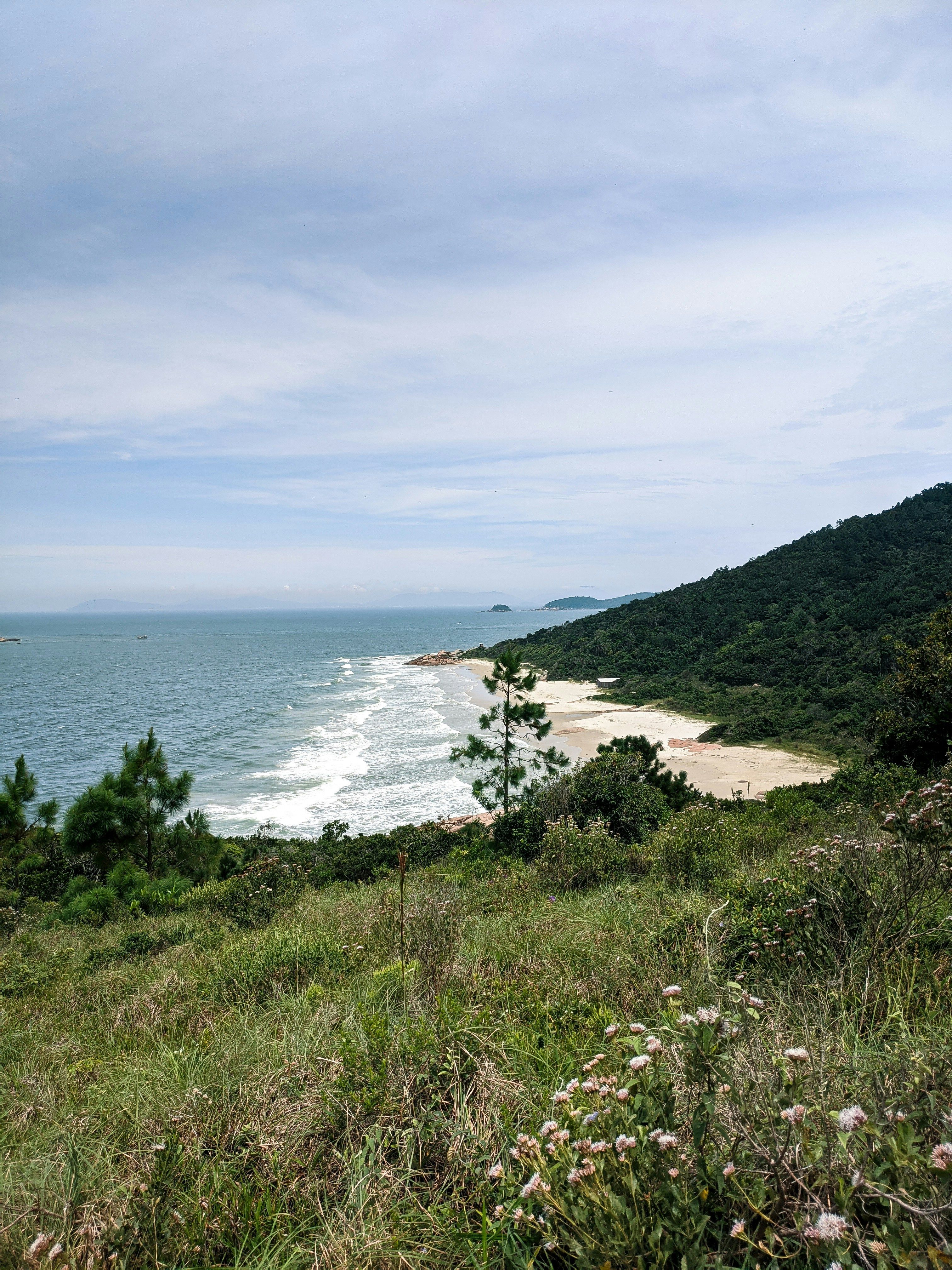Austrians Lack Preparedness for Power Outages
Preparing for the Unthinkable: Austrian's Blackout Readiness
In the wake of the recent blackout in Spain, it's worth questioning the preparedness of Austrians for a similar catastrophe.
Novels and films like Marc Elsberg's "Blackout" provide an alarming glimpse into what ensues during a power outage and the importance of being ready. In December 2024, Immobilienrendite AG commissioned a survey by Integral, polling a diversely aged 1,000 Austrians to understand their readiness for a blackout and their spending habits on electricity and heating.
Lights Back on in Spain and Portugal After Blackout*Austrians: Prepared, But Still Caught Off Guard**
While the majority (91%) of respondents acknowledge the need for preparedness, only 48% report having essentials such as candles, food, and water supplies at home or work. A third own battery-powered radios, and 11% have photovoltaic panels. Surprisingly, 9% possess water purification equipment and tablets, with 7% even taking self-defense courses or having weapons for potential conflicts. Approximately 25% have taken no precautions, and a staggering 9% believe blackouts are plots.
Efforts to cut costs top the list for 46% of Austrians, with a monthly pain threshold for energy costs (heating & electricity) being €213. The younger the respondents, the more likely they are to sacrifice comfort at home (61%). The willingness to save is particularly high in Vienna (63%) and among those with lower net household incomes (59%).
Despite the relative preparedness of Austria's power infrastructure, government officials, like Chancellor Christian Stocker, encourage ongoing measures to improve readiness for power outages. They advocate for increasing renewable energy generation and storage for local consumption to enhance energy resilience. Experts like crisis preparedness expert, Herbert Saurugg, stress the importance of improving public education on emergency actions and implementing better contingency plans for addressing extended outages that could disrupt supply chains and essential services[5].
On the bright side, Austria's energy supply heavily relies on hydropower, supplemented by expanding wind and photovoltaic sources, contributing to grid resilience[1][3]. The country's power infrastructure is designed to manage crisis situations effectively, with regional interruptions typically limited to alpine areas during winter months. Austria's military and civil infrastructure also have plans for worst-case blackout scenarios, setting it apart as a model of preparedness compared to other European countries that have experienced major outages recently[2][3].
So while Austria's power infrastructure is robust, it's essential for Austrians to stay vigilant, take precautions, and continue developing their emergency response measures to ensure they're truly prepared for any power outage eventuality.
Interestingly, while discussing Austrians' readiness for a blackout, it's worth noting that only a small percentage (48%) have essential supplies, yet a significant number (9%) possess unconventional items like water purification equipment, self-defense courses, or weapons, suggesting a mix of preparedness and unease about potential conflicts during blackouts.
In the context of Austrians' financial habits, it's also noteworthy that while many prioritize reducing costs, a large number (46%) have a monthly pain threshold for energy costs, which could potentially impact their ability to invest in preparedness measures during a blackout event.








